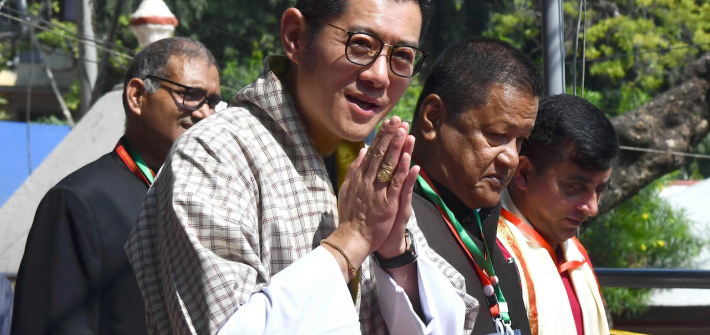Indian proponents of Buddhist diplomacy have four strategic goals as they eye Bhutanese movements between New Delhi and Beijing
buddhist diplomacy
Eye on Southeast Asia: Secretary of State Dr. Khy Sovanaratna’s Great Hope for Cambodian Buddhist Diplomacy
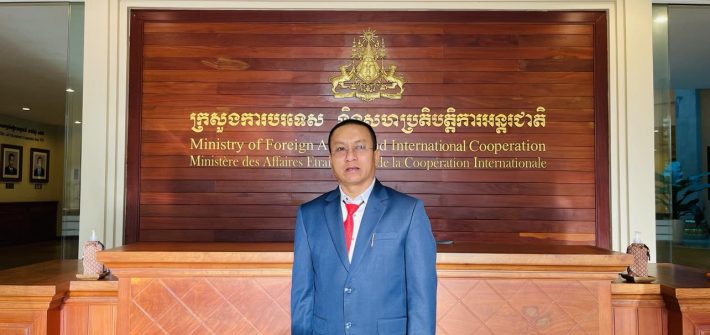
Dr. Khy Sovanratana’s appointment as Secretary of State of Foreign Affairs in Hun Manet’s cabinet is promising for Cambodia’s Buddhist outreach
The Shanghai Cooperation Organization: A New Platform for Buddhist Diplomacy?
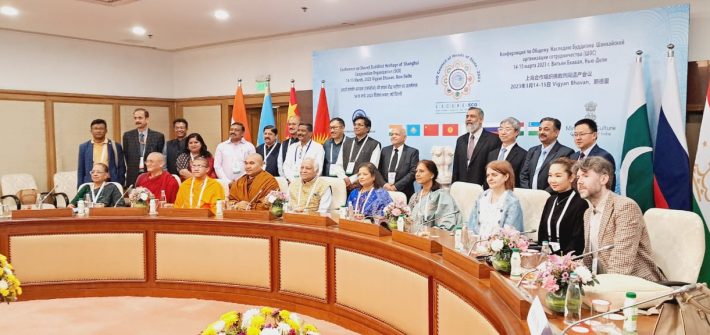
The world’s largest multilateral body could be a platform of a renewed Buddhist diplomacy by India and other countries
Indica et Mongolica: Four Relics of the Buddha in Ulaanbaatar
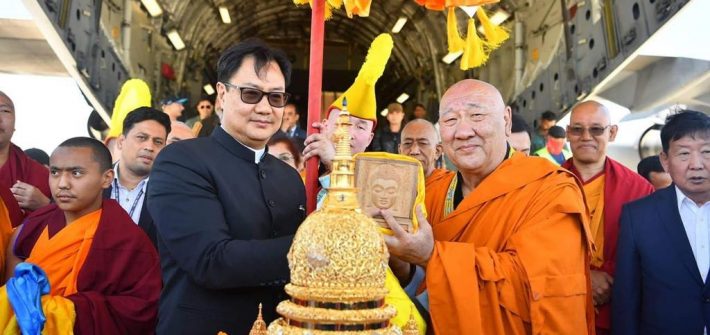
Today, the 14th, marks Buddha Purnima in Mongolia and a symbolic milestone in Buddhist-influenced Indo-Mongolian relations. Two days ago, Minister of Law and Justice Kiren Rijiju led a 25-member delegation to Ulaanbaatar, meeting Khamba Lama Gabju Choijamts Demberel, the most senior Buddhist leader in the country. Accompanying the delegation was a quartet of relics of the […]
Buddhism in International Relations: Socially Engaged Buddhism at the UN
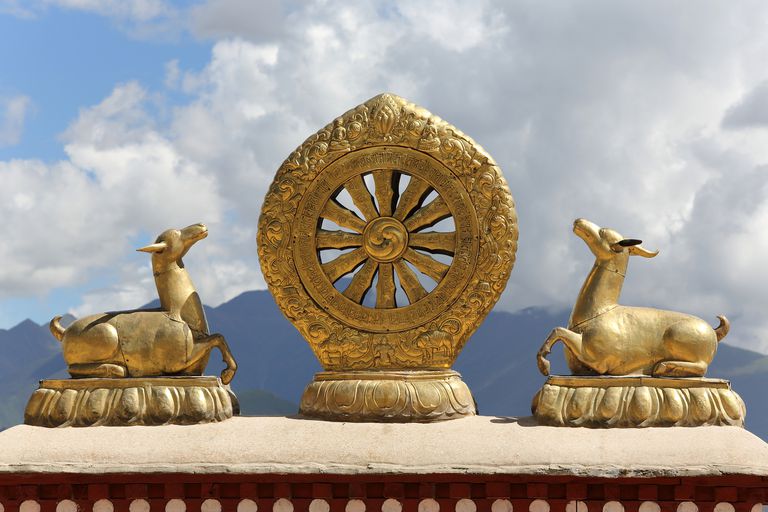
This series on Buddhism and international relations by Durgesh Kasbekar is a modified series from an essay “Buddhism in International Relations” by the same author. International relations and global politics are often absent from reflections about Buddhism in academia. This series aims to provide a small corrective and highlight how Buddhism affects and is affected by […]
Buddhism in International Relations: The Sino-Indian Relationship
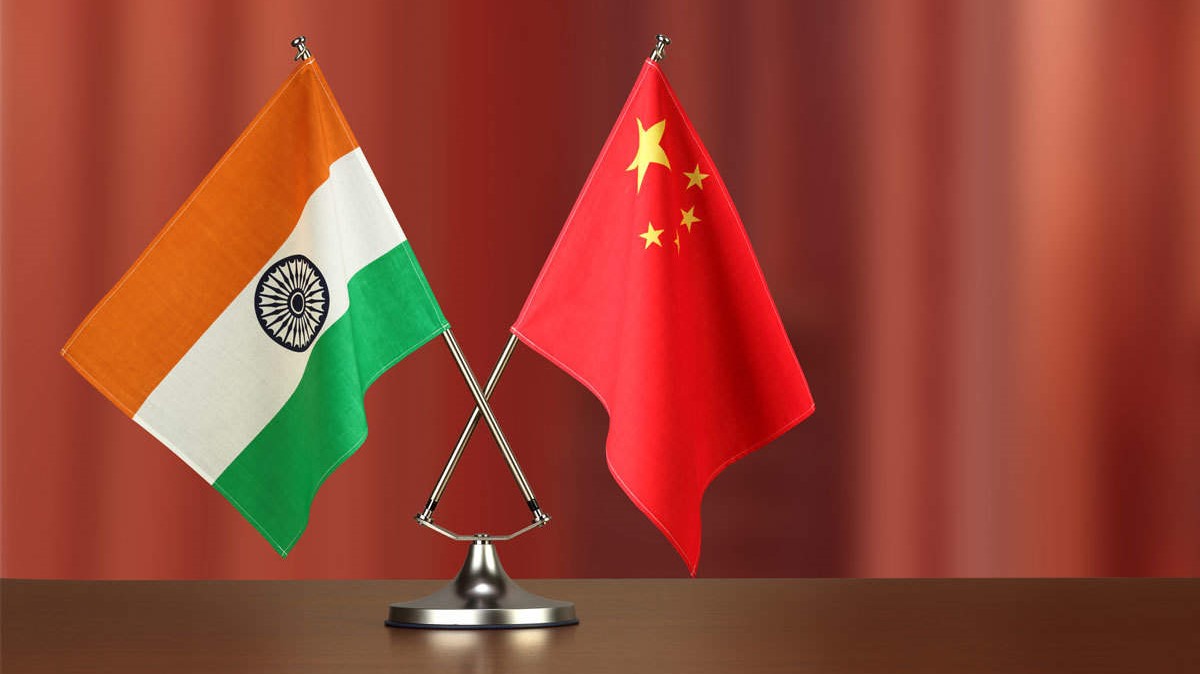
This series on Buddhism and international relations by Durgesh Kasbekar is a modified series from an essay “Buddhism in International Relations” by the same author. International relations and global politics are often absent from reflections about Buddhism in academia. This series aims to provide a small corrective and highlight how Buddhism affects and is affected by […]
Observations on the Indo-Mongolian Buddhist Partnership
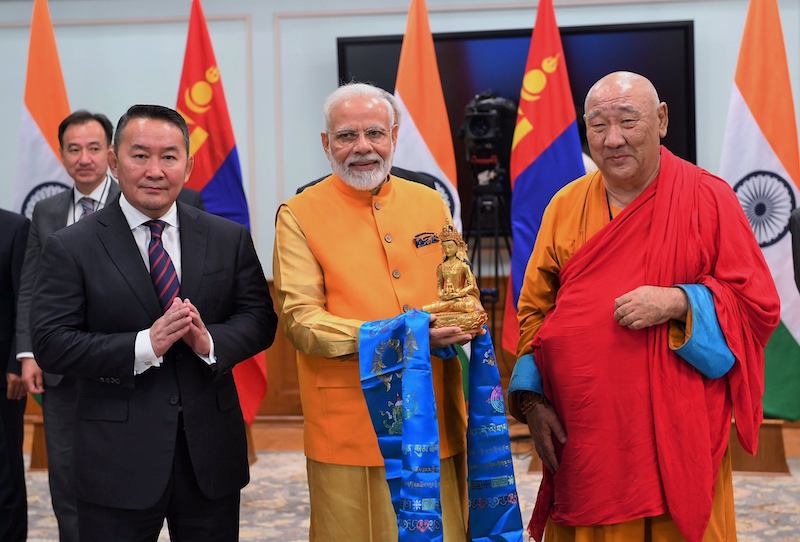
It was no coincidence that just a fortnight after the third Samvad conclave from 6–7 September in Ulaanbaatar, Mongolian President Khaltmaagiin Battulga paid a state visit to India from the 19th to 23rd. This month has seen, from the perspectives of both Mongolia and India, a significant diplomatic victory over some years in the making.
Mongolia’s Buddhist Diplomacy and India’s Union of Religious and Foreign Policy

The Vivekananda International Foundation (VIF), along with Indian, Japanese, and Mongolian partners, hosted its third Samvad (which, in Hindi, means “dialogue”) conference in Ulaanbaatar over last Friday and the weekend. As reported in BDG’s news article on the conclave, Mongolian political and religious leaders took this event very seriously. In his closing speech on the […]
A Circle of Buddhist Democracies: India’s Buddhist Strategy for Asia
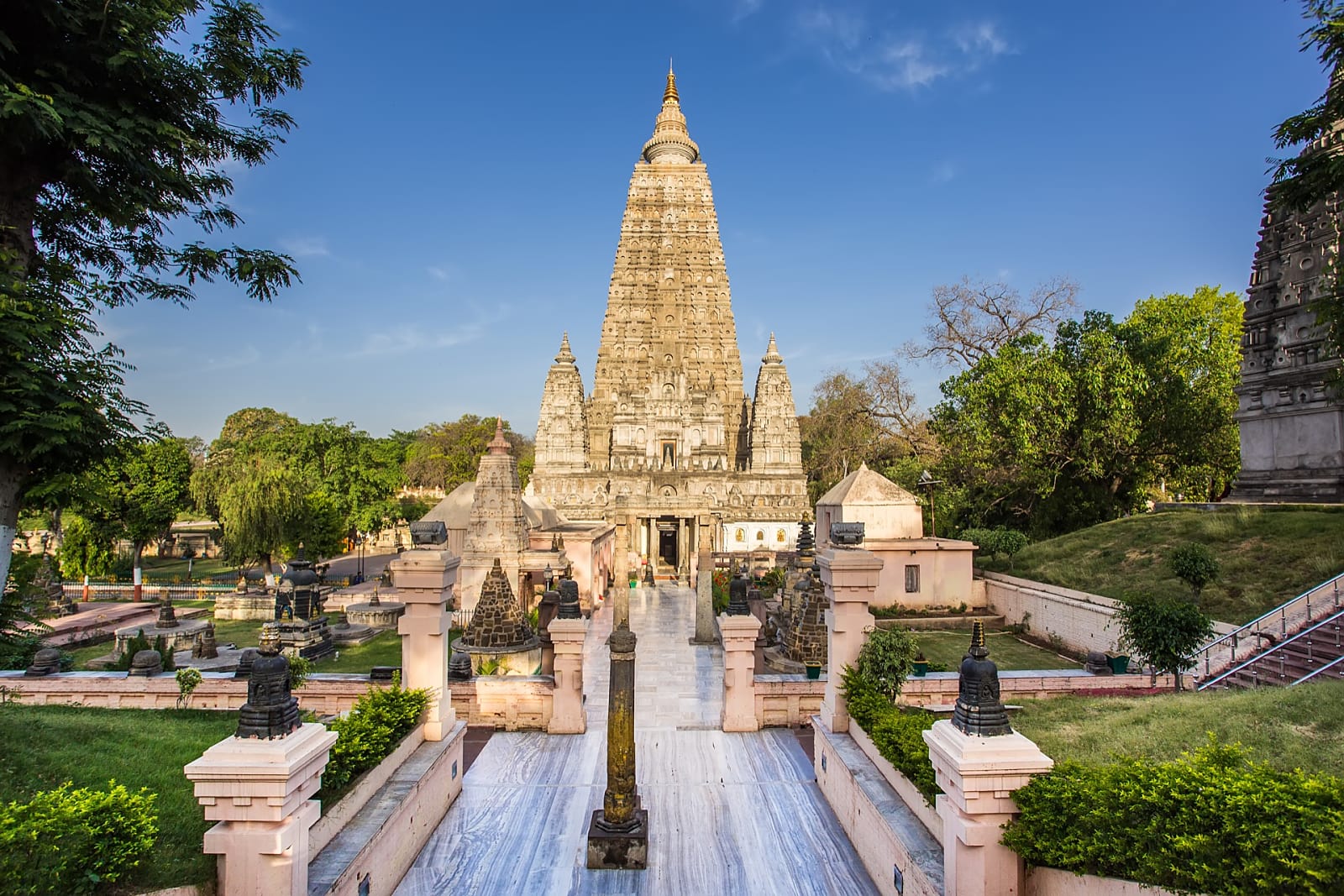
In May’s Indian elections, PM Narendra Modi’s BJP fared considerably well, indirectly securing a mandate for its Buddhist diplomacy. This “quiet” exercise of power began several years ago in September 2015, with the Vivekananda International Foundation’s (VIF) first Samvad conference. For this event we were taken to the diplomatic enclave of Chanakyapuri in New Delhi, […]
Modi’s Triumph: What it Means for Buddhism
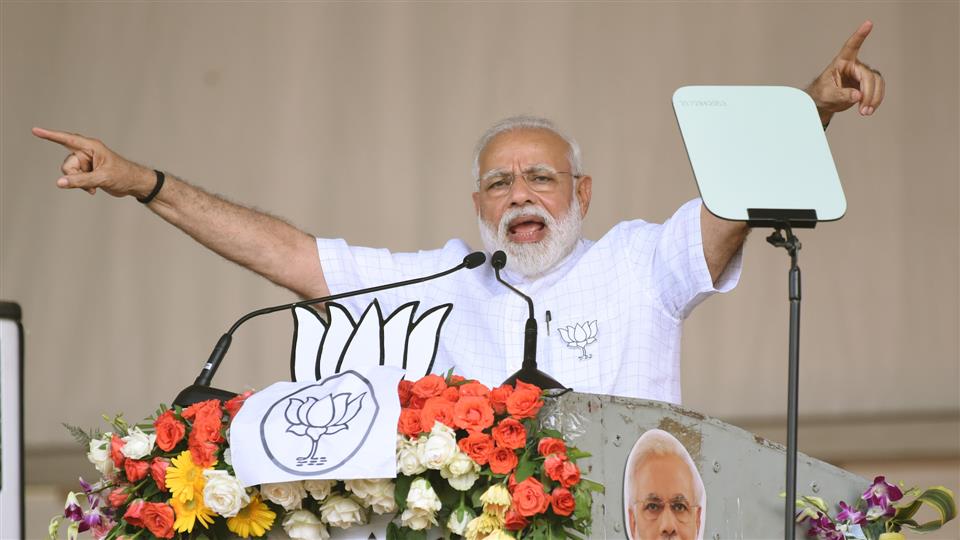
Narendra Modi has been re-elected as prime minister of India in a landslide, with the BJP winning sweeping victories across the states. Perhaps the Hindu gods smiled upon him, rewarding his party’s fierce Hindu nationalism. He should also pleased that the Buddha, or at least the Buddhist acolytes and spokespeople Modi appealed to for the […]

